Does Skin Type Matter?
In reality, everyone’s skin has the same anatomy, and therefore the same basic needs to keep skin young and healthy. So, knowing your skin type (oily, dry, or combination) really doesn’t matter when choosing skincare… as long as you meet these needs.
Any skincare product regimen should address these 3 basic needs:
- Natural exfoliation
- Restoration of collagen
- Protection from environmental damage.
Your Skin Anatomy
There are three distinct layers to the skin, each with its own function and architecture. Moving from most superficial to deepest:The Epidermis, The Dermis, and The Hypodermis or Subcutaneous Fat Layer. It’s important to understand the structure of the skin so you can better understand how and why great skincare treatments and products work.
The Epidermis is the external layer of skin present on all areas of the body. New epidermal skin cells are formed in the deepest layer of the epidermis, the stratum basale, and as the cells move from this deeper layer to the superficial stratum corneum, they die.These dead cells are known as corneocytes. They help waterproof the skin, and in young, healthy skin, the corneocytes are well organized to produce natural moisturizing factor (NMF) for maintaining skin hydration.
Corneocytes can be anywhere from 10 to 100 layers thick. It is important to know that these cells should beCONSTANTLY shedding, and that this natural process slows down as we age. In healthy skin, this natural cell turnover or exfoliation process happens about every 30 days. As the process slows, the result is a thickening of the stratum corneum, which causes dull, dry, flaky, and sensitive skin. If you feel like you need to apply a lot of moisturizer, then your epidermis is not functioning at its optimum, and cellular turnover needs to be improved. On the contrary, if you have oily or acne prone skin, this step is just as important to decrease trapping the oils in the pores which can lead to breakouts.
Chemical exfoliation - Encourages natural cell turnover and is the most effective for at-home use. Because physical exfoliation can be so tricky, leave it to the pros who use microdermabrasion, dermaplaning, lasers and peels to do this to a very fine, controlled degree. Chemical exfoliation can be achieved with certain bioactive topical ingredients.
- Topical Vitamin A in the form of Retinaldehyde is my favorite active ingredient, which is found in our Mikel Kristi Vital A Serum. It works to aid in cell turnover by allowing the body to remove the dead skin cells at an increased rate, and by reorganizing the corneocytes to produce more natural moisturizing factors (NMF). Retinaldehyde is a potent alternative to traditional prescription Retinoids and over-the-counter Retinols, which can be great exfoliators, but for many are too irritating and drying. Not only does Retinaldehyde exfoliate the skin, it helps to promote collagen production, helps to protect against sun damage and helps to clean out pores. Talk about a triple threat!
- Vitamin B3 (Niacinamide)is another great topical agent that increases cell turnover. It works in much the same way as topical vitamin A.
- AHA’s & BHA’s - Other effective topical exfoliation ingredients are Alpha Hydroxy Acids (AHA) and Beta Hydroxy Acids (BHA). They have been a part of skin rejuvenation for centuries. AHAs like glycolic or lactic acid and BHAs like salicylic acid work by loosening the glue-like lipid bonds of the dead skin cells of the epidermis. Add our Rejuvenating Swipes three times a week for oily or acne prone skin.
The Dermis is all about collagen. Collagen is a fibrous protein found in bone, muscle, skin, and tendons. It is the most abundant protein in the skin. Collagen provides the structural network or “glue” that holds the body’s tissues together. Its health is vital for the skin’s integrity and firmness. As we age, the body’s ability to grow collagen slows down. This decrease in collagen production becomes apparent with the emergence of larger pores, increased wrinkling, and sagging in the skin. If you are over 35 and not caring for your dermis, then your collagen layer is disintegrating daily. The great news is that collagen production can be stimulated with the right topical products and procedures!
Research has shown that certain bioactive product ingredients like topical Vitamin A, Vitamin C, and Peptides can stimulate the skin to produce collagen and reverse the signs of aging. These ingredients need to be formulated with the capability of penetrating the skin’s barrier to reach the dermis; therefore, not all product formulations are effective. Potent and effective collagen promoting ingredients are topical Vitamin A found in our Vital A Serum, and AHAs found in our Rejuvenating swipes.
SKIN CHANGES WITH AGING:
In children, the epidermis is thinner. The cells are also well organized, since cell turnover (natural exfoliation) is functioning at an optimum level. Children also enjoy a nice plump and thick dermis and hypodermis, giving them smooth, supple skin. As we age, this all changes. The epidermis becomes thicker and dryer with decreased cell turnover. Our dermis becomes thinner and less supported with loss of collagen, elastin and fat causing wrinkles and sagging skin.
Great skincare should be all about restoring skin function to as close as possible to what it was in childhood. Quality skincare products that support the skin should be a part of any skincare regime. These important basic needs can be met simply with our Vital A Serum that contains retinaldehyde to help bump up natural exfoliation and support an increase in collagen production. In addition, for protection of the skin from free radicals and collagen breakdown from sun exposure, also apply an SPF with zinc oxide daily. Beautiful, healthy skin is easy to have when you understand what your skin needs.
To Your Best Skin Ever,


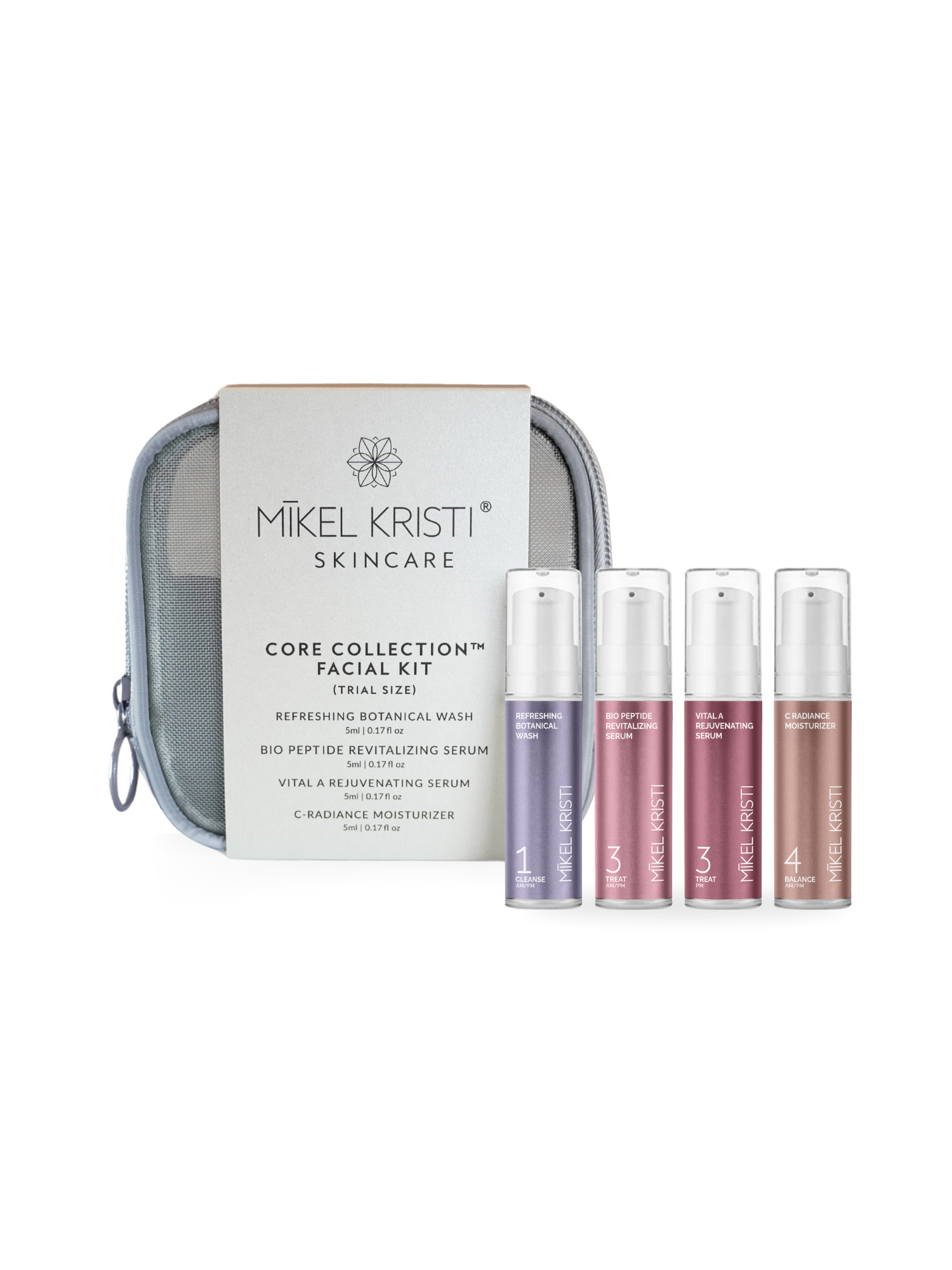
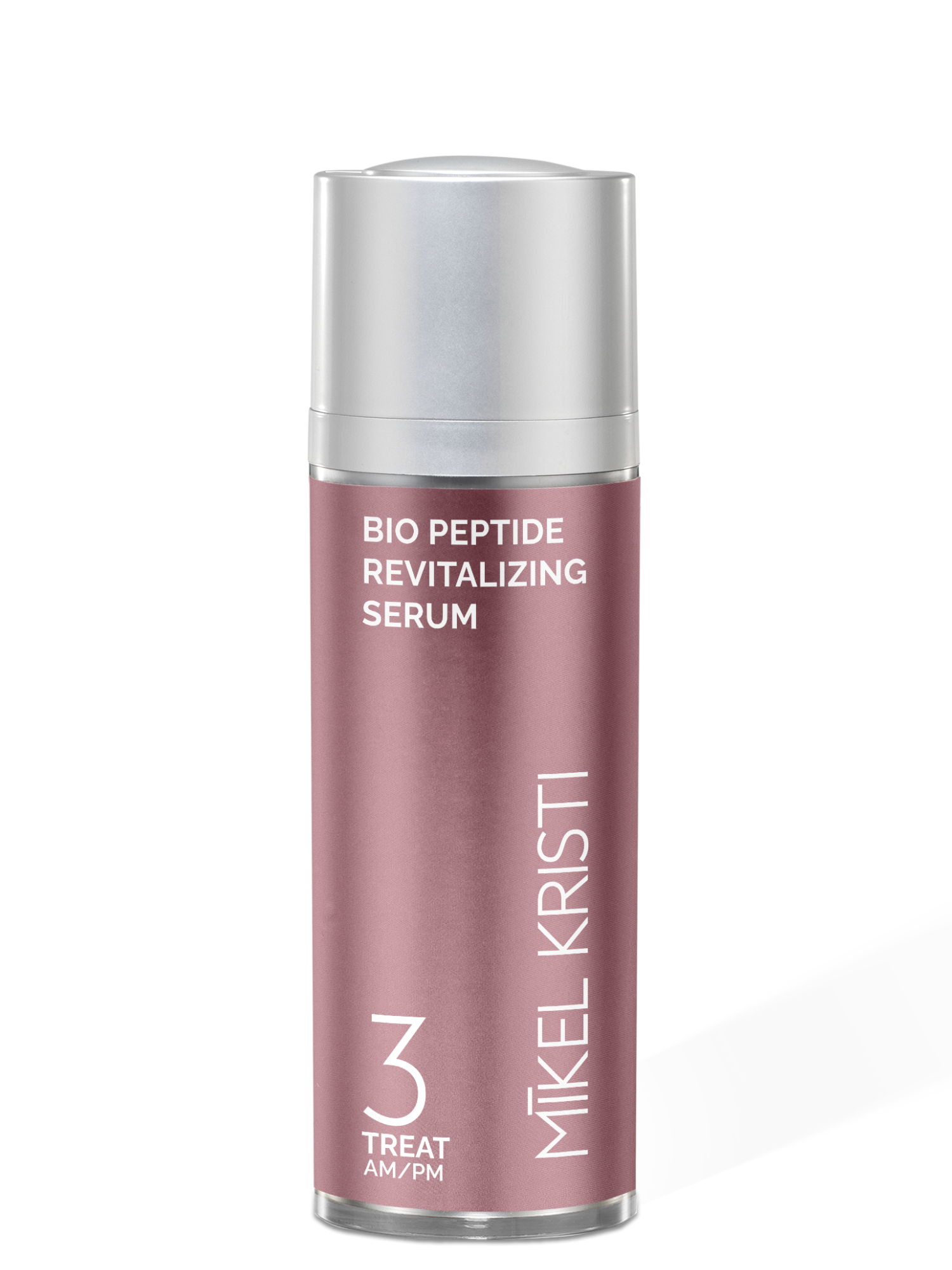
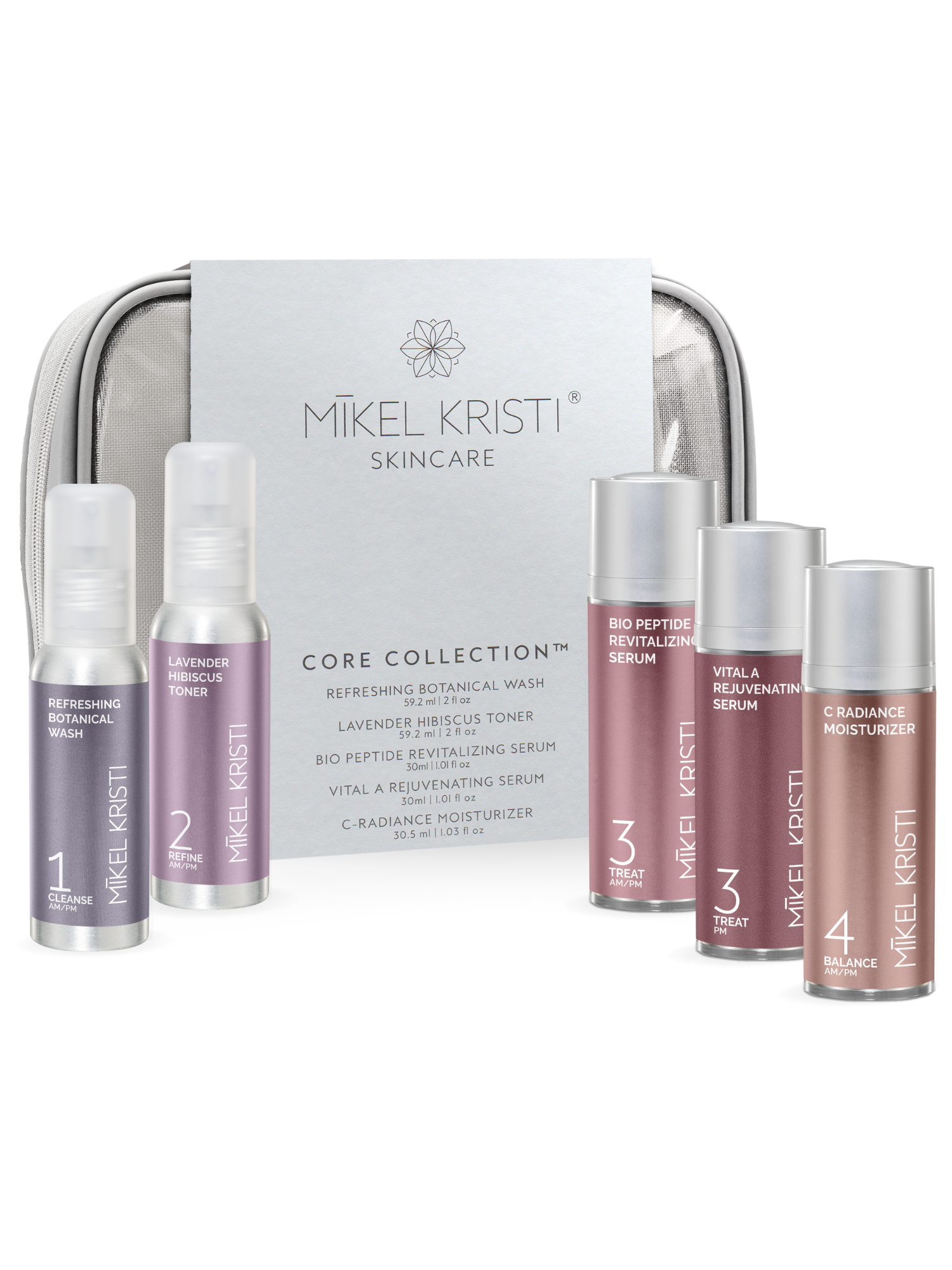
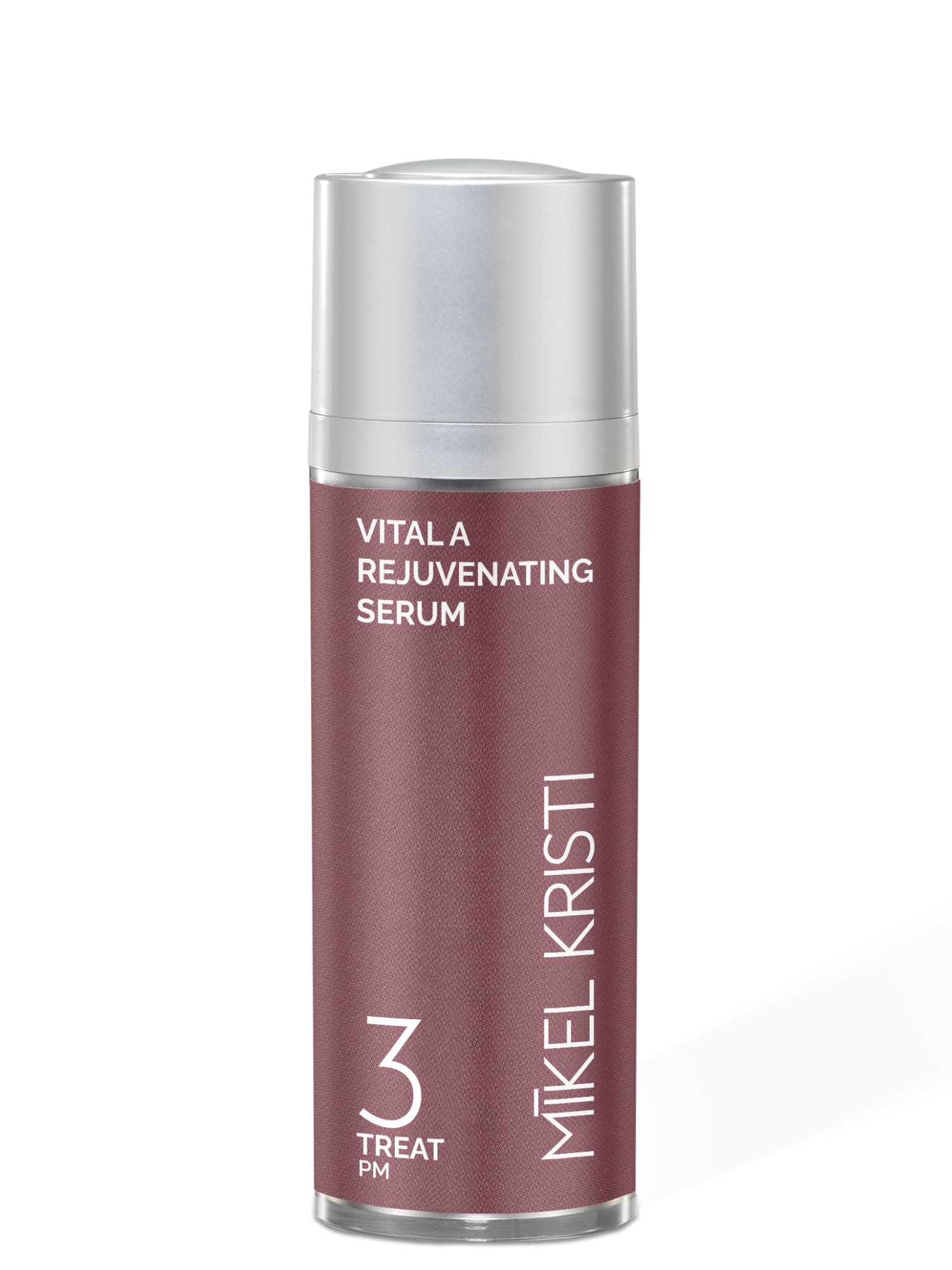
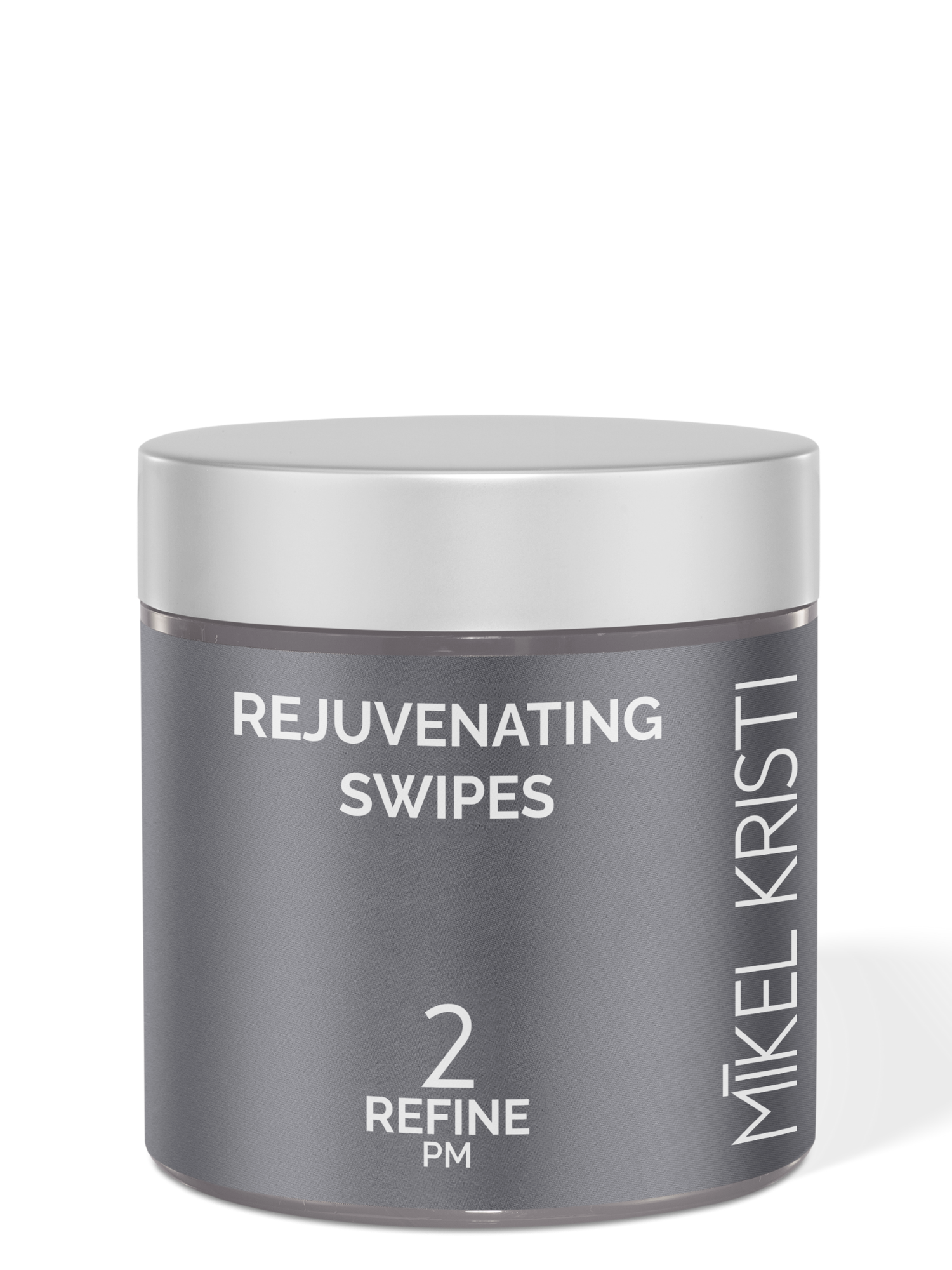
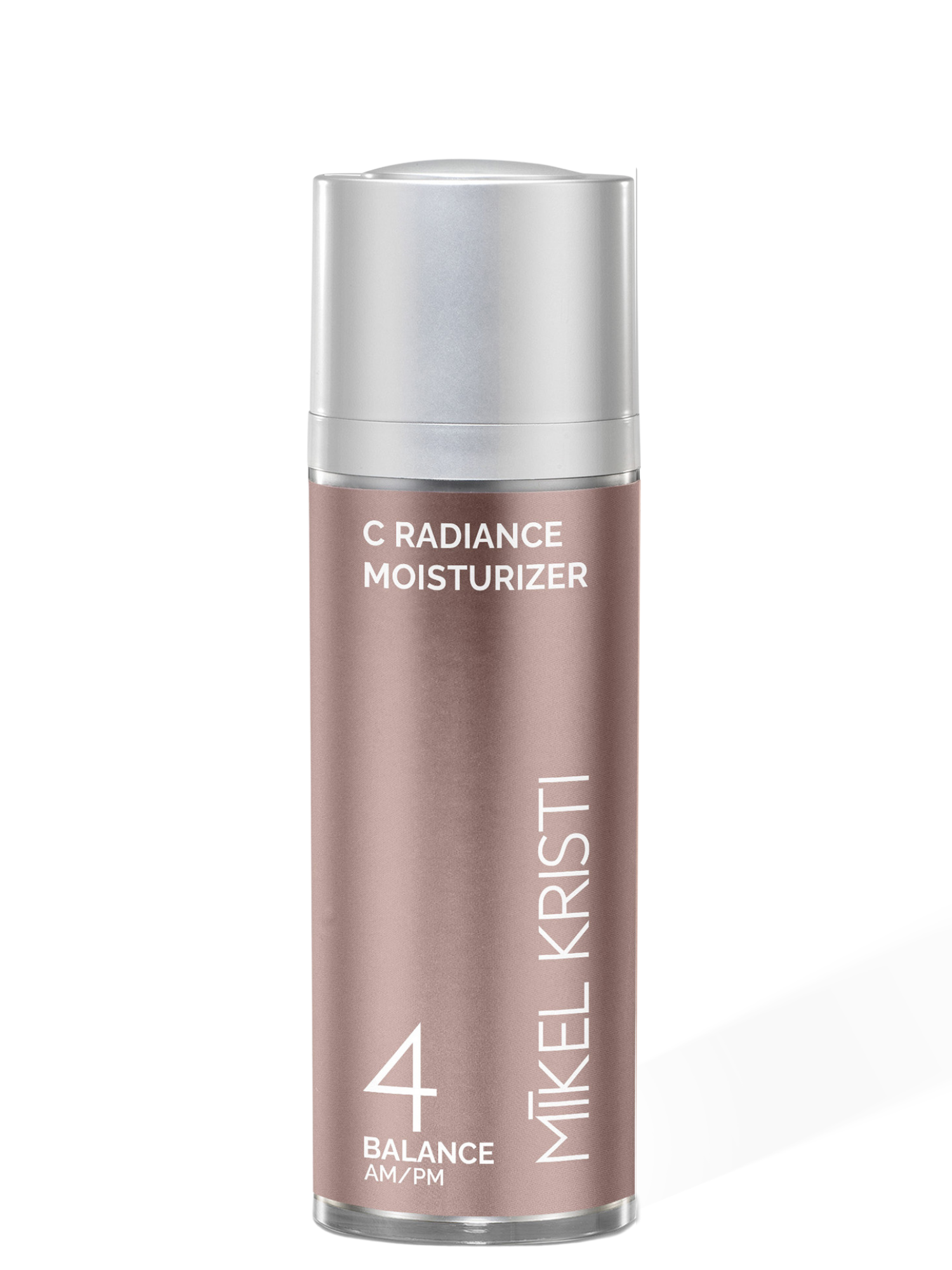


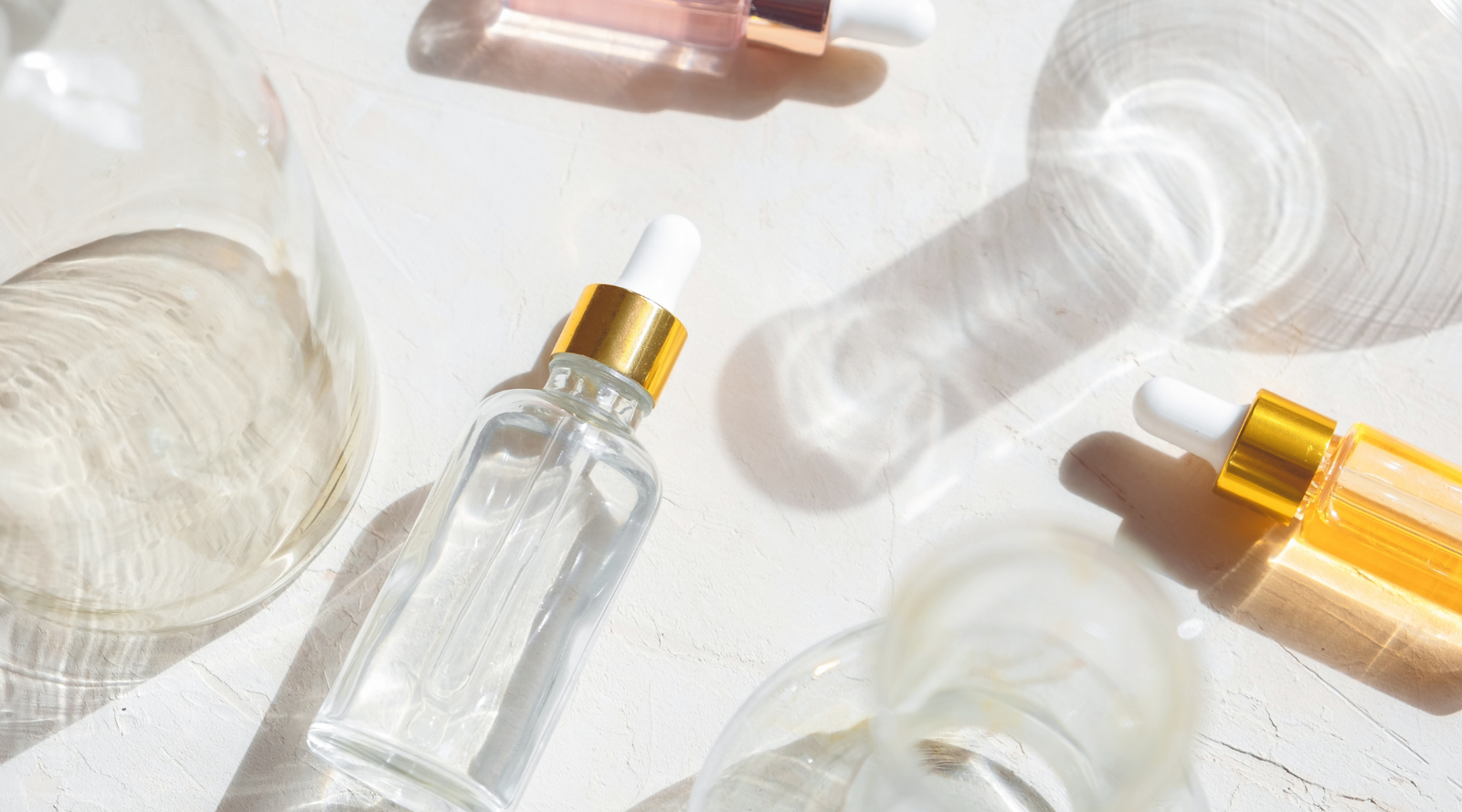

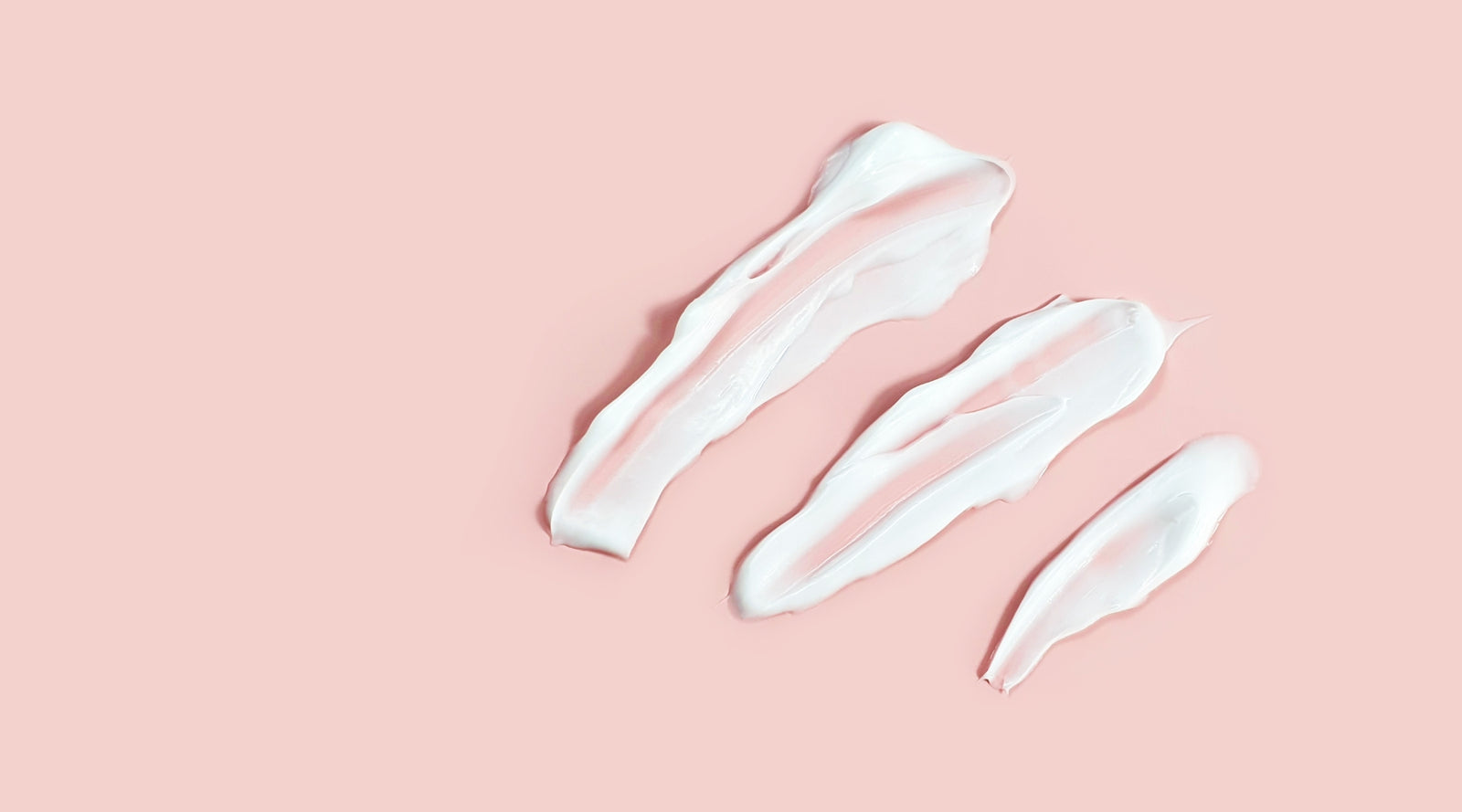

Leave a comment (all fields required)